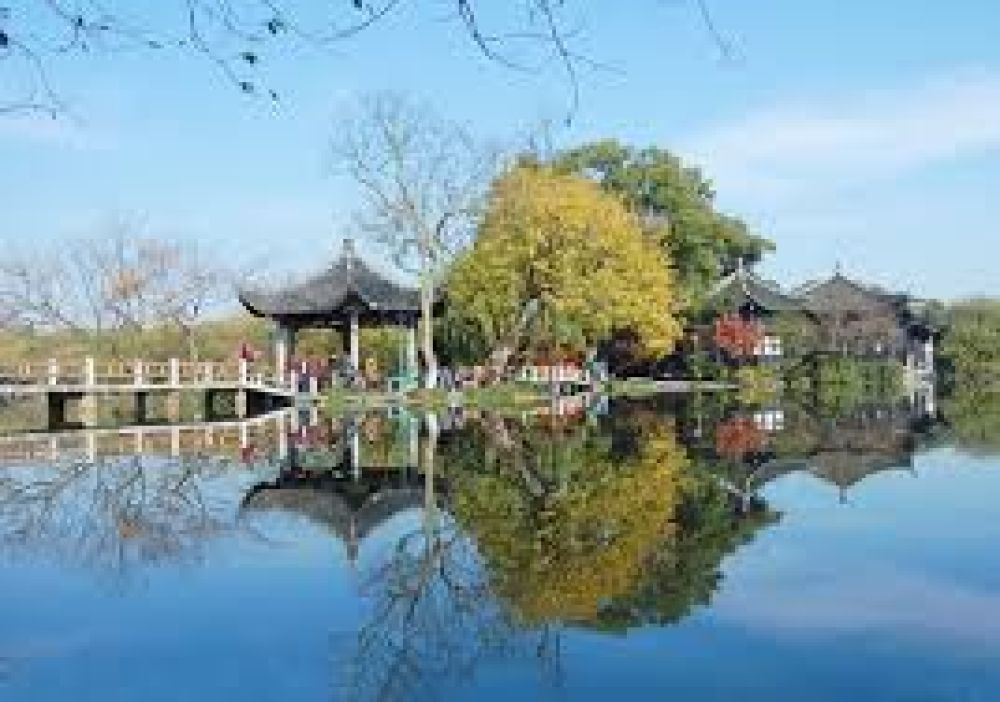

Surrounded by lush greenery and ancient pagodas, West Lake in Hangzhou has been a source of inspiration for poets, artists, and emperors throughout Chinese history. Its beauty has been meticulously maintained and celebrated, contributing greatly to the evolution of tourism in the region.
The origins of tourism at West Lake can be traced back to the 9th century during the Tang Dynasty, when it began to emerge as a holiday retreat for the elite. By the time of the Song Dynasty in the 12th and 13th centuries, West Lake had become a renowned spot for its scenic beauty and had started to attract visitors from all over China.
Recognized for its cultural and historical value, the West Lake Cultural Landscape of Hangzhou was inscribed as a UNESCO World Heritage site in 2011. This acknowledgment has not only elevated its status but has also increased both domestic and international tourist attention.
The Qing Dynasty marked a significant era for the development of tourism in Hangzhou. The construction of various landmarks such as temples, pagodas, and gardens around the lake ensured that by the 18th century, West Lake was a must-visit destination for scholars, officials, and the burgeoning middle class. In the modern era, the lake and its surroundings have been developed to cater to larger crowds, with well-maintained parks, boat tours, and museums.
In recent years, eco-friendly tourism has become increasingly popular at West Lake. Tourists are encouraged to explore the area by bicycle or on foot, enjoying the serenity of the lake away from the bustling city life. Additionally, cultural experiences such as tea picking and calligraphy classes have seen a rise in interest, enhancing the appeal of West Lake as a place where one can engage with traditional Chinese arts and customs.
Technological advancements have also played their part in boosting tourism. Interactive guides and mobile apps make it easier for visitors to navigate the sights and learn about the lake’s history. Moreover, Hangzhou has improved its infrastructure and transportation links, including high-speed trains, making West Lake more accessible to tourists from around the world.
In the age of social media, the picturesque landscapes of West Lake are often shared online, attracting a younger demographic of travelers. The blend of ancient beauty and modern amenities ensures that the historical charm of West Lake continues to draw visitors, making it one of China's most timeless and cherished destinations.